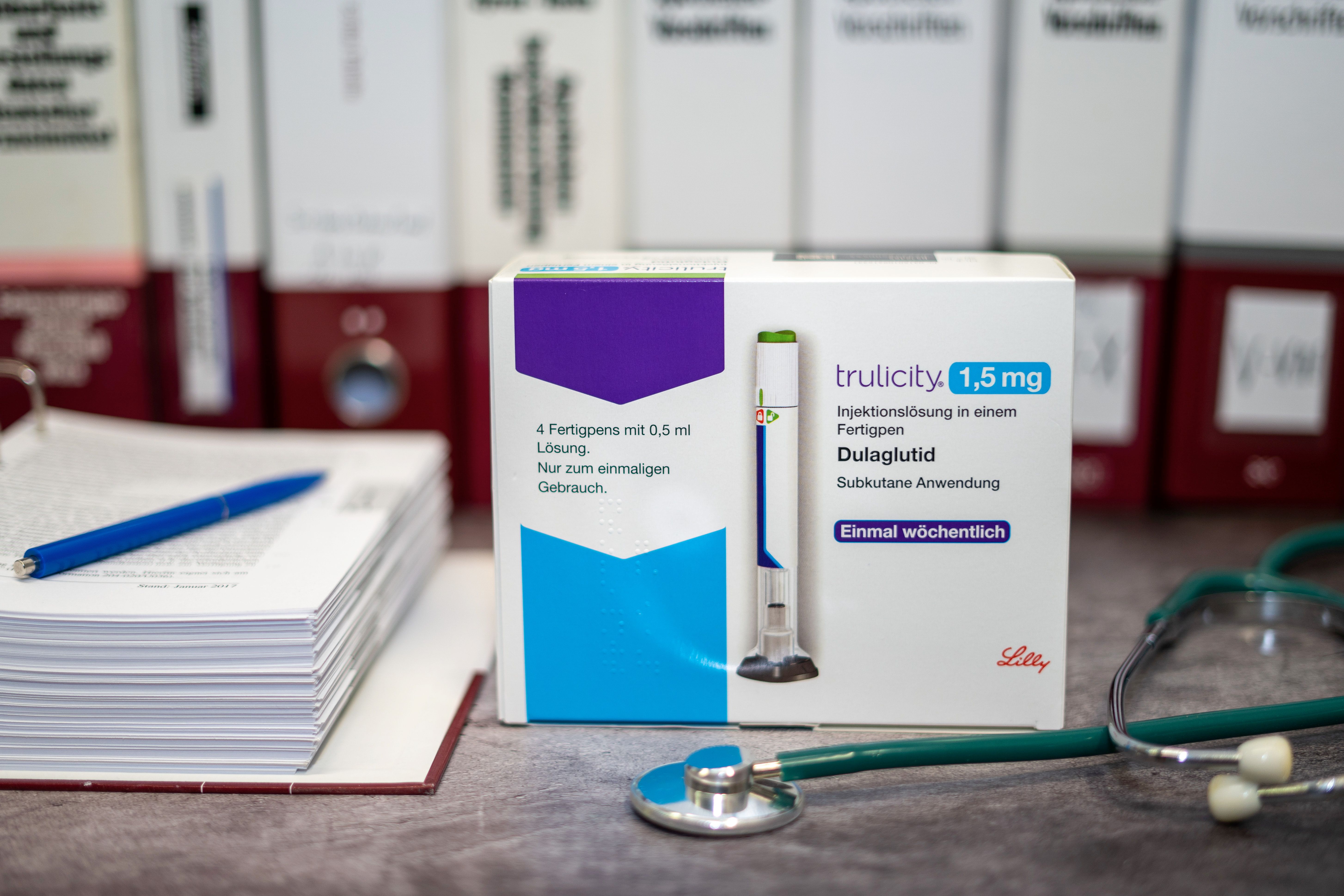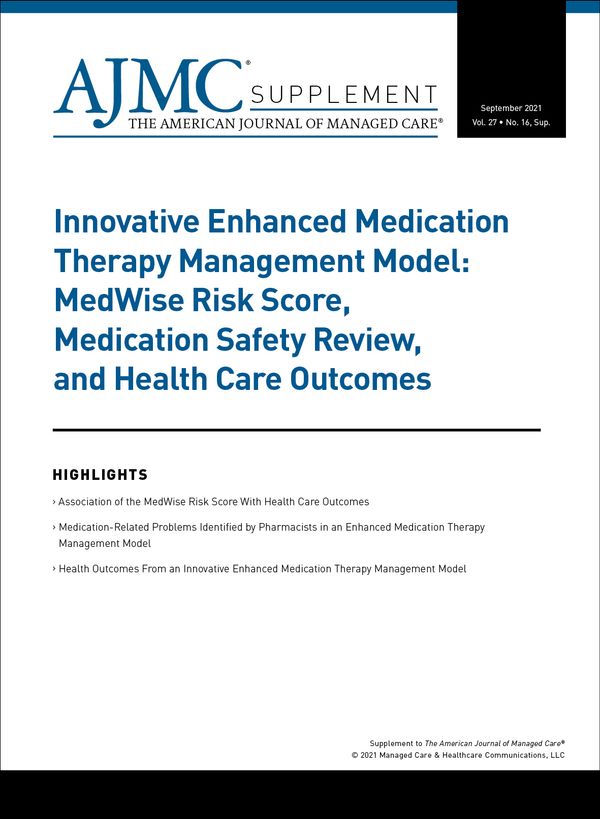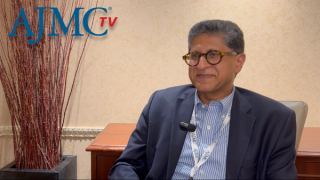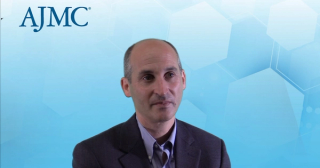
Medicare
Latest News
Latest Videos

Podcasts
More News
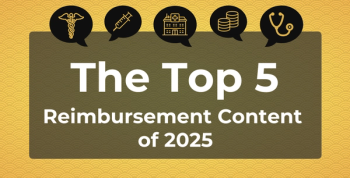
The most-viewed content focused on the “One Big Beautiful Bill,” the Most Favored Nation drug policy, and other changes under the Trump administration.

Industry leaders discuss how policy, pricing, and innovation will shape the future of oncology care and patient access.

Oncology leaders warn that declining reimbursements and policy gaps threaten patient access and drive inequities in cancer care.

Recent political shifts impacting health policy and access to care for millions dominated the news in 2025.

Within the same physician groups, 2-sided risk in Medicare Advantage (MA) was associated with higher quality and lower utilization for dually eligible beneficiaries compared with fee-for-service MA and traditional Medicare.

With ACA subsidies and key CMS payment models ending in 2025, premiums are set to rise, shifting costs to consumers and employers.

Chronic Conditions Data Warehouse comorbidity data vary by insurance status. Analyses using these data that fail to account for insurance status are subject to information bias.

In this investigation, the authors evaluated the impact of a voluntary transition to risk-based contracts under Medicare Advantage on health care use.

Performance on Medicare Star Ratings medication adherence measures is significantly tied to performance on the intermediate outcome and statin process measures.

The White House announced significant drug pricing cuts for GLP-1s for diabetes and obesity for Medicare and Medicaid beneficiaries and on TrumpRx.

A JAMA study found 30-day outpatient follow-up decreases hospital readmissions, especially for patients with heart failure and heart attack.

The antiretroviral (ART) regimen Biktarvy showed higher 1-year ART persistence and lower switch rates among people with HIV.

In the midst of a government shutdown, former House Speaker Paul Ryan urges clear policies, AI innovation, and patient-focused solutions to build a sustainable US health care system.

The AMCP Nexus 2025 conference will bring together professionals to discuss drug access and policy, as well as the future of pharmacy.
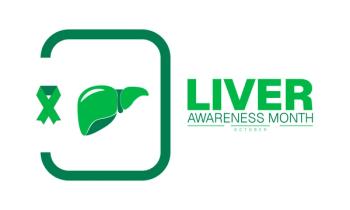
Liver Awareness Month raises awareness of liver disease causes, risks, symptoms, and prevention, highlighting individual actions and policy efforts.

Physician burnout rates have decreased since the pandemic, but the likelihood of Medicare exits threatens access to underserved populations.

Medicare beneficiaries with near low income experience more affordability issues than beneficiaries with low income due to Medicare savings programs eligibility.

Despite overall growth in the radiology workforce, the proportion of pediatric radiologists specifically decreased from 2016 to 2023.

Medicaid expansion significantly improves health coverage and access, yet several Southern states face a persistent coverage gap amid political challenges.

A study reveals that nearly 80% of US neurologists prescribing multiple sclerosis (MS) therapies received industry payments, influencing their prescribing patterns significantly.

Health insurers commit to reforming prior authorization processes, aiming to enhance patient care and reduce burdens on providers, impacting millions.

Given the track record of good outcomes and savings, policy leaders must do more to promote growth of for-profit PACE programs, the author asserts.

Proposed changes to the Physician Fee Schedule aim to support community oncology, but the Inflation Reduction Act threatens financial stability for practices.

A new survey reveals widespread consumer frustration with prior authorization, highlighting the need for urgent reform in insurance coverage.

Patients face increasing barriers to healthcare access as physician shortages rise and Medicare payment systems fail to support independent practices.


